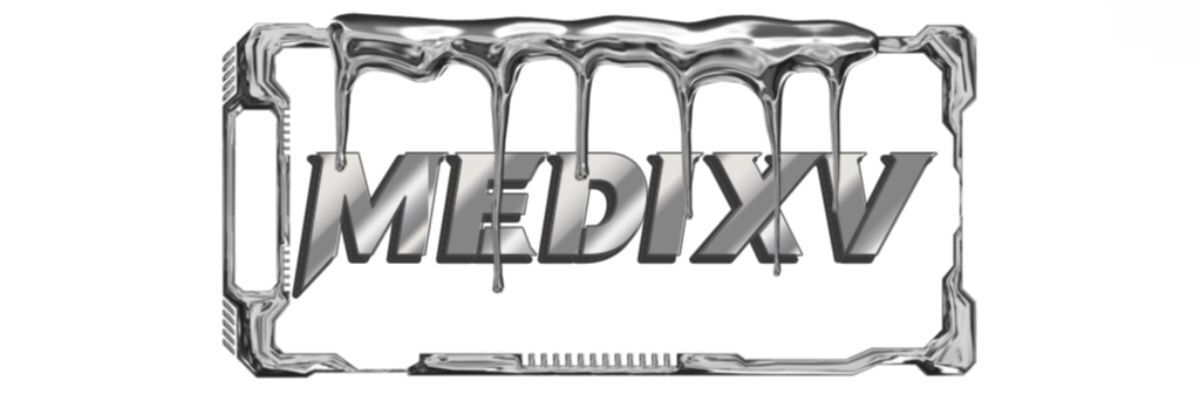Key Questions to Ask When Choosing a Pesticide Supplier
Choosing the right pesticide supplier is a critical decision for any agricultural operation, landscaping business, or pest control service. The supplier you select can significantly impact the efficacy of your pest management strategies, the health of your crops, and even the sustainability of your practices. To help you navigate this important choice, we’ve compiled a list of key questions to ask when evaluating potential pesticide suppliers.
What is the Supplier’s Reputation in the Industry?
Start by conducting some due diligence on the supplier’s reputation. Research their standing within the industry. Are they known for high-quality products and reliable service? Check online reviews and testimonials from other professionals in your field. Asking for references from clients or other agricultural businesses can provide insight into the supplier's reliability.
What Variety of Products Do They Offer?
Every operation has unique needs, so it's essential to ensure that the supplier offers a wide range of products tailored to your specific requirements. Ask about the types of pesticides available, including organic options, and whether they carry any specialized formulations. A good supplier should also offer complementary products such as adjuvants and soil amendments to support a comprehensive pest management plan.
How Knowledgeable is Their Staff?
A knowledgeable staff is a hallmark of a reliable pesticide supplier. Don’t hesitate to inquire about the training and expertise of their team. Are they agronomists, entomologists, or experienced agricultural professionals? A supplier that employs knowledgeable staff can provide invaluable advice on product selection, application techniques, and integrated pest management strategies that can enhance the effectiveness of your pest control efforts.
What Certifications and Registrations Do They Have?
Ensure that the supplier complies with all regulatory requirements. Ask whether their products are registered with the Environmental Protection Agency (EPA) or relevant local authorities. Certifications can also indicate their commitment to quality and safety standards. Inquire about any memberships in industry associations, which often require ethical practices and commitment to ongoing education.
What is Their Return Policy and Warranty?
Unexpected challenges can arise in pest management, so understanding the supplier’s return policy is crucial. Ask about their warranty policies; what happens if a product fails to perform as expected? A reputable supplier should stand by their products and be willing to address customer concerns.
What are Their Delivery Options and Lead Times?
Timely access to pesticides can significantly influence your operations. Inquire about their delivery process: How quickly can you expect to receive your orders? Do they offer same-day or next-day delivery services? Understanding their logistics will help you gauge whether they can meet your timelines, especially during critical application periods.
Are They Committed to Sustainability?
As agriculture increasingly embraces sustainable practices, it's essential to consider a supplier's commitment to environmental stewardship. Ask about their policies regarding eco-friendly products, responsible sourcing, and waste management. A supplier that prioritizes sustainability will be better aligned with your own values and practices.
What are Their Prices and Payment Terms?
Cost is always a factor in decision-making. Get a clear understanding of their pricing structures—are they competitive? Do they offer bulk discounts or loyalty programs? Additionally, inquire about their payment terms; flexible terms can enhance cash flow, making it easier for your business to manage expenses.
How Do They Handle Safety and Training?
Employee safety during pesticide application is non-negotiable. Ask your supplier about the safety measures they promote and whether they provide any training resources for product handling. A supplier invested in safety will provide guidance on safe application methods and protective equipment.
What Kind of Customer Support Do They Offer?
Prompt and effective customer support can save you time and frustration when issues arise. Inquire about the availability of customer service representatives. Can you easily reach them via phone, email, or chat? Good communication is vital when you need assistance, whether it's troubleshooting a product or seeking more information about a new formulation.
Do They Stay Updated on Industry Trends?
Finally, ensure your supplier is engaged in ongoing education and research. Ask them how they stay informed about the latest developments in pest management techniques, industry standards, and regulatory changes. A forward-thinking supplier will actively share this information with their clients, ensuring that you stay ahead of the curve.
In conclusion, choosing the right pesticide supplier requires careful consideration and diligence. By asking the right questions, you’ll be better equipped to select a supplier that meets your specific needs while ensuring quality, safety, and sustainability. An informed choice today can lead to more effective pest management and better agricultural practices tomorrow.
If you are looking for more details, kindly visit Chlorinated Compounds Exporter, diisobutylene structure, 4,4'-oxydiphenol.

Comments
0